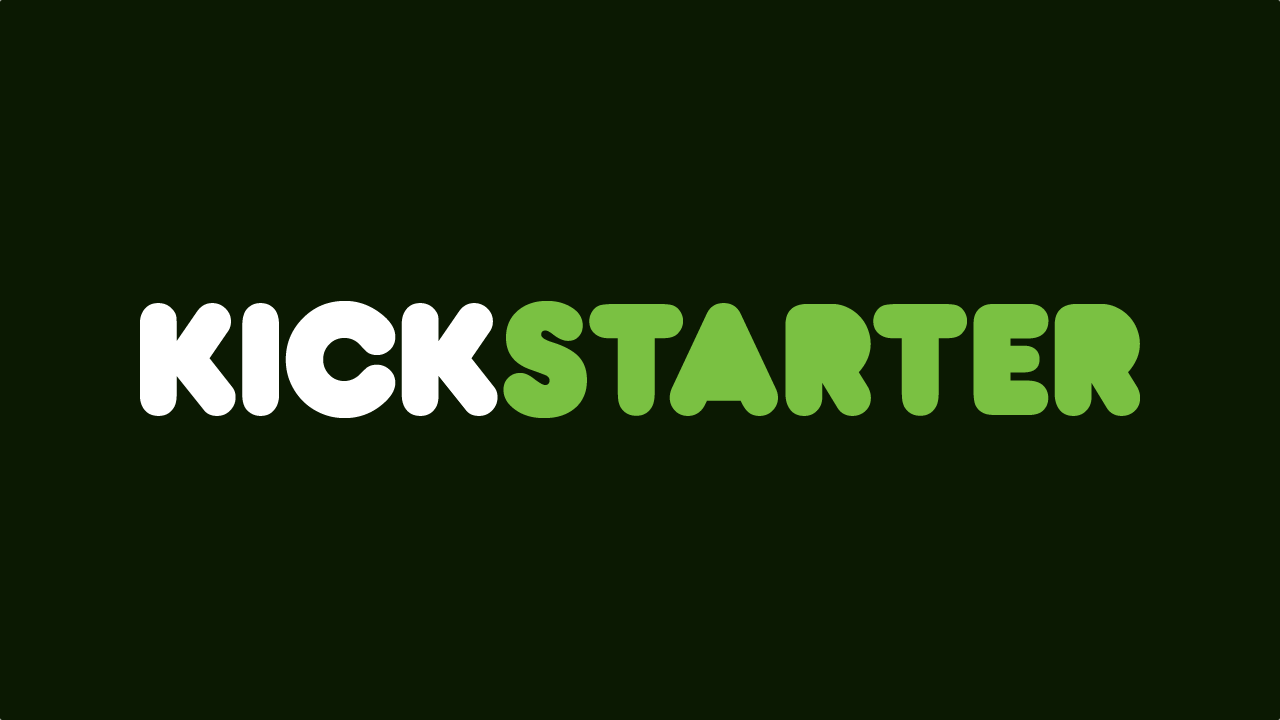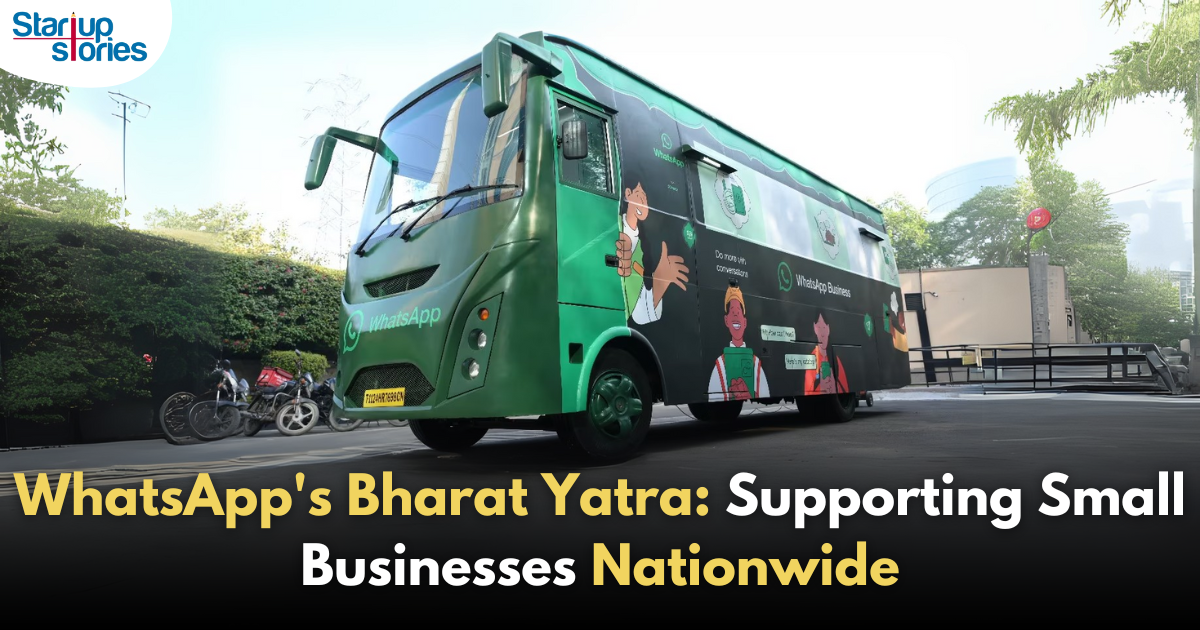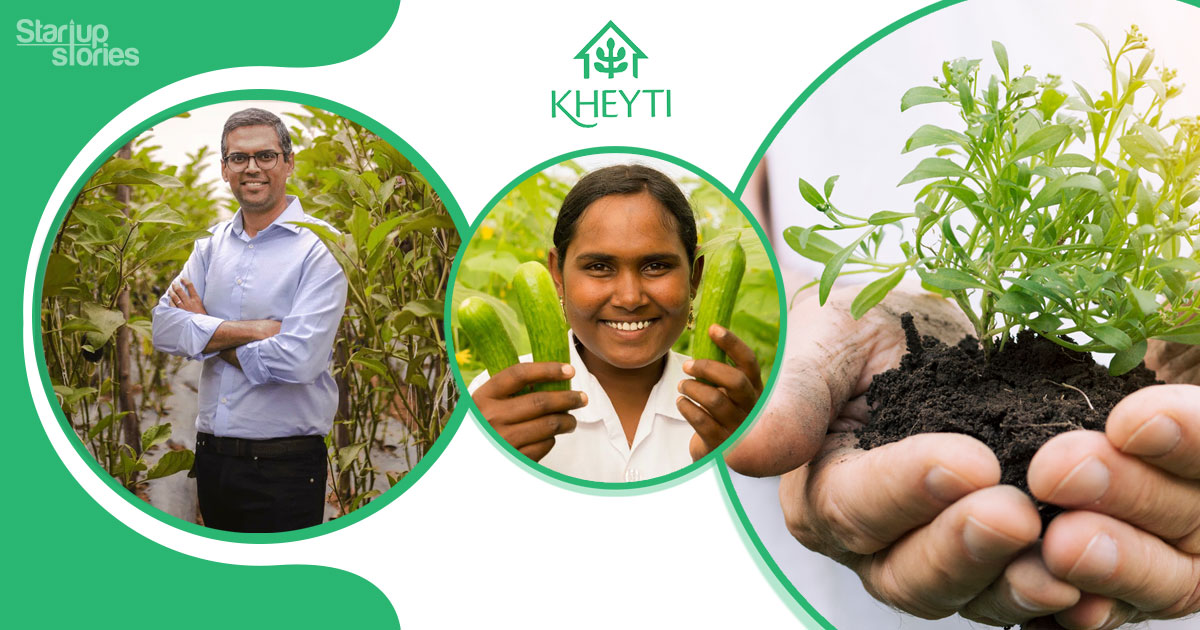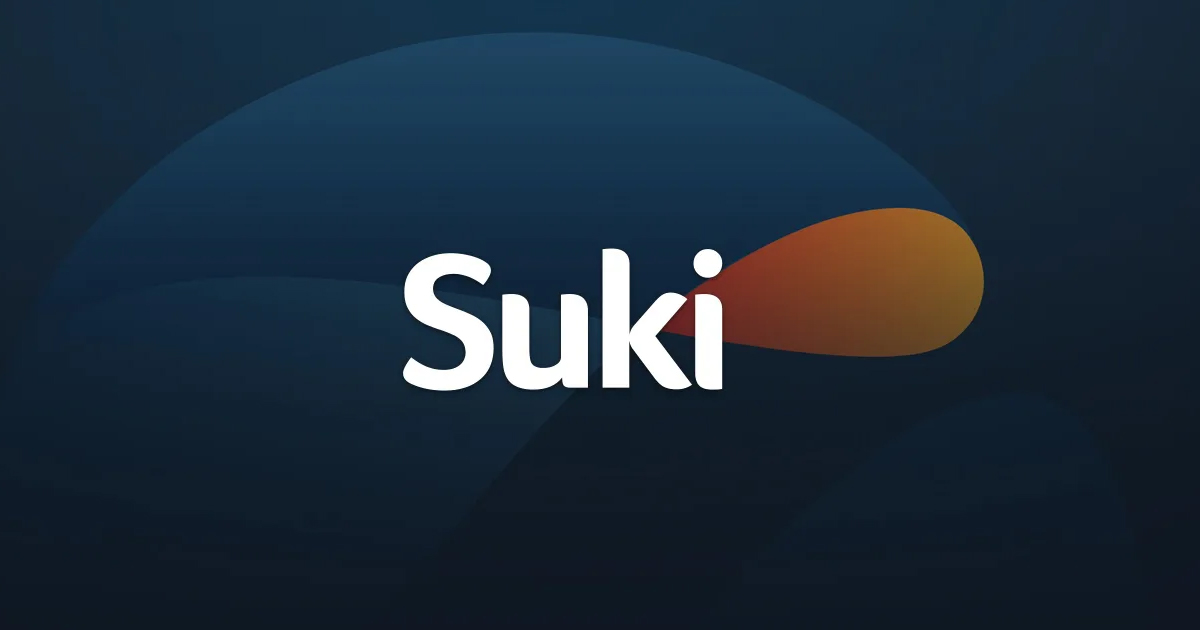Emerging Startup Stories
When Kickstarter Was Kickstarted!

The summer of 2009 was quite remarkable for Perry Chen, Yancey Stricker and Charles Adler. It was that time of the year when their dream website Kickstarter was launched! Kickstarter is a New York based public benefit corporation known for building a global crowdfunding platform. The company brings creative projects to reality and is the go to platform for many entrepreneurs! There ain’t no middlemen, no loans and no grants. Sounds cool, right?
The inception of Kickstarter!
Back in 2005, the mastermind Perry met Yancey Strickler and they became good friends. In a friendly conversation, the duo started scribbling on a whiteboard their exceptional thoughts with regard to a crowdfunding platform! Later, Perry convinced his friends to give him a little bit of money. Months later, Perry was introduced to Charles Adler and so the rest you know! The three of the great minds started working on their ideas and turned it into a website.
After years of research, they finally launched the website in 2009 which was then flooded with tons of investors and projects.
Perry Chan, along with the American media editor, Yancey Stricker and American Web designer, Charles Adler came up with the idea of launching a website for the purpose of crowdfunding. Post the launch of their website, the founders spread word about Kickstarter in their friends circle. However, projects started coming in and people stepped up to support projects consequently. In January 2010, the team moved into a tenement building in the Lower East Side of Manhattan. From 3,910 successful projects and $ 27,638,318 pledges in 2010, the firm was reaching new heights already! This was followed by 18,109 successfully funded projects and $ 319,786,629 pledges in the year 2012. In the year 2013 Perry stepped down from the position of the CEO and went on to become the Chairman. He was replaced by Yancey Strickler. The year of 2014 brought the company a huge raising $ 13.28 million, which became the most funded Kickstarter project in history!
Here’s what makes Kickstarter so interesting!
Kickstarter does not rely on affluent investors. The company opts for crowdfunding, in which loads of smaller investors make contributions. The investment could be as little as a $ 1 and there are basically no restrictions. The company generated its revenue by assessing a fee of 5 percent from projects that reached or surpassed their funding targets. Projects that did not meet their funding goals within a specified time period did not receive any money pledged to them, and they were not subjected to the fee. The company so far has funded thousands of projects from investor donations resulting in several hundred million dollars. Isn’t that huge?
Kickstarter has become extremely important in the startup ecosystem! From entrepreneurs to investors, Kickstarter is one damn platform that could get you what you desire!
Emerging Startup Stories
WhatsApp’s Bharat Yatra: Empowering Small Businesses Across India!

WhatsApp has embarked on a nationwide initiative called Bharat Yatra to empower small and medium businesses (SMBs) across India. This innovative mobile bus tour aims to provide hands-on training and support to help businesses leverage the power of digital technology, particularly through the WhatsApp Business app.
Key Focus Areas
- Digital Skill Enhancement: The Bharat Yatra program is designed to equip SMBs with essential digital skills necessary to thrive in the digital age. This includes training on how to effectively navigate the digital landscape and utilize online tools for business growth.
- WhatsApp Business App Training: Participants will learn how to use the WhatsApp Business app to connect with customers, share product catalogs, and manage inquiries efficiently. This training is crucial for businesses looking to enhance customer engagement and streamline communication.
- Latest Features and Updates: The tour will highlight the latest features of WhatsApp Business, including Meta Verified, which enhances business credibility, and custom messaging options that allow for personalized communication with customers.
- AI Integration: Businesses will also be introduced to the potential of Meta AI integration, which can streamline customer engagement processes and boost overall productivity. This aspect of the training aims to familiarize SMBs with advanced tools that can enhance their operational efficiency.
Tour Details
The Bharat Yatra will kick off its journey in Delhi-NCR, visiting bustling markets such as Laxmi Nagar, Rajouri Garden, and Nehru Place. Over the coming months, the bus will cover key business hubs in cities like Gurugram, Noida, Agra, Lucknow, Indore, Ahmedabad, and others. Each stop will feature interactive demos, expert guidance, and personalized support tailored to the unique needs of local businesses.
Impact on the Indian Economy
By engaging directly with businesses across major cities, WhatsApp aims to create a tangible impact on the Indian economy. The initiative aligns with WhatsApp’s broader goal of supporting small businesses and fostering digital growth in India. According to Ravi Garg, Director of Business Messaging at Meta India, “Small businesses are the backbone of India’s economy, and with the right digital tools, they have the power to supercharge the country’s digital transformation.”
Conclusion
As the Bharat Yatra continues its journey across India, it is expected to empower thousands of SMBs, contributing significantly to India’s economic development and digital transformation. By providing essential training and resources, WhatsApp is not only enhancing business capabilities but also reinforcing its commitment to fostering a robust small business ecosystem in India. This initiative builds on previous efforts such as WhatsApp Se Vyapaar, which aimed to upskill millions of traders, further demonstrating WhatsApp’s dedication to supporting India’s entrepreneurial landscape.
Emerging Startup Stories
Discover Kheyti, The Startup Changing The Lives of Farmers In India

Farming has been an integral part of India’s history and culture for ages. It’s been the foundation of the Indian economy, supporting millions of people with food and jobs. Crops and agriculture hold immense importance in Indian society, not just in terms of money, but also in terms of culture, community, and spirituality.
Farming is a way of life for many people in India, but it can be a difficult and unpredictable business and farmers face a number of challenges, from erratic weather patterns to low market prices for their crops. Kheyti is a social enterprise founded in 2015 by Saumya, Kaushik Kappagantula, and Sathya Raghu. The organisation provides sustainable solutions to small farmers in India, helping them overcome challenges and improve their lives.
Kheyti’s flagship product is the “Greenhouse-in-a-Box,” a low-cost modular greenhouse that allows farmers to grow high-value crops year-round, even in unfavourable weather conditions. operates on a subscription-based model, where farmers can purchase a “Greenhouse-in-a-Box” kit or sign up for crop advisory services on a monthly or annual basis. Kheyti.com also earns revenue by connecting farmers with markets and buyers, taking a small commission on sales. They work to keep the costs low by partnering with local manufacturers to produce their products and leveraging tech to provide personalised crop advisory services at scale.
They also provide crop advisory services to farmers, offering personalised advice on crop selection, planting, and management. In total, The company has helped over 6,000 small farmers increase their incomes by an average of 300%. You call them small farmers, Kheyti calls them Smart farmers!
While there are other companies in India that offer similar solutions to small farmers, Kheyti stands out for its focus on sustainability, innovation, and community involvement. It works closely with farmers to develop tailored solutions that meet their needs while focusing on sustainable farming practices. Through its efforts, Kheyti has improved soil health, reduced water usage, and increased yields of various crops.
Looking ahead, Kheyti plans to expand its reach to more farmers in India and beyond and aims to continue developing new products and services that can help small farmers overcome the challenges they face. With its commitment to sustainability and innovation, The visionaries at Kheyti claim it has the potential to transform the agricultural sector and contribute to a more equitable future for all.
Imagine the joy and hope Kheyti brings to struggling farmers in India. With Kheyti’s help, over 6,000 small farmers have transformed their lives, becoming Smart farmers who handle challenges and succeed. With sustainable solutions, Kheyti is not only revolutionising agriculture but also spreading hope for a brighter future.
Emerging Startup Stories
Suki: This Startup Wants To Transform Healthcare With Its Artificial Intelligence Tool

We live in a rapidly transforming era where humanity is making exponential leaps in technology. Thirty years ago, no one would have believed you could talk to an online voice assistant to create tasks and get things done. Ten years ago, no one would have believed humanity would land robots on Mars. Technology truly has improved the quality of living of every human who owns a smartphone and has access to an internet connection. Voice assistants are slowly replacing manual tasks and making lives easier and efficient. Siri, Alexa, Google Voice Assistant are just some of the widely used artificial intelligence based tools which are employed on a daily basis. Artificial intelligence, which is hailed as the technology of the future is now slowly making its way into much more complex domains like self driving vehicles, quantum computing and also health care.
Suki, a United States of America based startup founded by Punit Soni, developed their own voice assistant which runs on artificial intelligence to simplify healthcare for doctors and other healthcare professionals. In simple terms, Suki is akin to Siri for doctors. While you could order a pizza or schedule an appointment on Siri, doctors could modify, edit and add health records of their patients. Suki is a powerful tool to help doctors with documentation of health records which often take hours of their (doctors) time.
Suki currently focuses on documentation but has the potential to expand its usage to data queries, ordering, prescribing and billing. According to a white paper published by Suki, using its technology increases the time a doctor spends with a patient by 12% by cutting note taking time by 76%. The time which is saved also brings in a financial benefit of $30,000 more in revenue a year on average for doctors.
Suki raised a $ 20 million Series B round from Flare Capital Partners, First Round Capital, and Venrock, doubling its total funding to $ 40 million since its 2017 launch. Suki is also looking to expand its reach in India and has decided to establish Bangalore as their base of operations. India holds a lot of potential for Suki considering the amount of manual work which goes into almost any sector.
It would be interesting to watch how Suki and other similar AI based startups would transform healthcare across the world.












Wbulnlur
May 24, 2025 at 5:01 am
Explore the ranked best online casinos of 2025. Compare bonuses, game selections, and trustworthiness of top platforms for secure and rewarding gameplaycasino slot machine.
m83xt
June 8, 2025 at 1:54 am
how to get clomid without dr prescription how to buy generic clomiphene without prescription order cheap clomid without prescription can i purchase clomid prices clomiphene challenge test protocol where can i get clomid price where can i get generic clomid tablets
iwin
November 5, 2025 at 8:12 pm
iwin – nền tảng game bài đổi thưởng uy tín, nơi bạn có thể thử vận may và tận hưởng nhiều tựa game hấp
MM88
November 6, 2025 at 2:57 pm
Khám phá thế giới giải trí trực tuyến đỉnh cao tại MM88, nơi mang đến những trải nghiệm cá cược thể thao và casino sống động.
站群程序
November 8, 2025 at 8:58 pm
搭载智能站群程序,自动化搭建与管理,为SEO项目提供核心驱动力。站群程序
J88
November 11, 2025 at 7:49 pm
Đến với J88, bạn sẽ được trải nghiệm dịch vụ cá cược chuyên nghiệp cùng hàng ngàn sự kiện khuyến mãi độc quyền.
Kuwin
November 15, 2025 at 7:38 am
kuwin sở hữu kho game đa dạng từ slot đến trò chơi bài đổi thưởng, mang đến cho bạn những giây phút giải trí tuyệt vời.
GO88
November 17, 2025 at 4:48 am
Tham gia cộng đồng game thủ tại Go88 để trải nghiệm các trò chơi bài, poker phổ biến nhất hiện nay.
MM88
December 1, 2025 at 7:56 pm
Với giao diện mượt mà và ưu đãi hấp dẫn, MM88 là lựa chọn lý tưởng cho các tín đồ giải trí trực tuyến.
Stake Casino anmelden
December 20, 2025 at 3:32 pm
Aber auch der Gesamteindruck vom Anbieter überzeugt, dass die Spielumgebung sicher ist.
Es reicht einfach, sich die zahlreichen rechtlichen Informationen zu AGB und Datenschutz anzusehen. Fühlen Sie
sich wie ein Pionier, wenn es darum geht, Informationen über faszinierende Casino Bonus zu erhalten! Ja, bei MyStake Online Casino können Spieler wöchentlich
Cashback erhalten. Dazu werden die entsprechenden Abschnitte auf der Glücksspielseite
präsentiert. MyStake Casino bietet 4685 Spiele aus verschiedenen Kategorien und verschiedene Arten von Boni.
Beispielsweise bedeutet eine 40-fache Bedingung für eine
Belohnung von 100 €, dass Sie Wetten im Gesamtwert von 4.000 € abschließen müssen, bevor Sie eine Auszahlung anfordern. Melden Sie sich auf Ihrem Dashboard
an, um die besten saisonalen Angebote zu erhalten und das Beste aus jedem Besuch zu machen. Wenn
Sie sich für Mystake Casino anmelden, erhalten Sie sofortigen Zugriff auf ein tolles Willkommenspaket, das einen passenden Bonus auf Ihre erste Einzahlung von bis zu 500 € enthält.
Ein Klick genügt, um Hilfe zu erhalten, denn jede Seite verfügt über Links
und Telefonnummern für Beratungsdienste. Im Rahmen unseres größeren Ziels, verantwortungsvolles Spielen zu fördern, arbeitet Mystake Casino mit externen Gruppen zusammen, die Menschen mit spielbezogenen Problemen helfen.
References:
https://online-spielhallen.de/snatch-casino-login-ihr-umfassender-leitfaden-fur-ein-reibungsloses-spielerlebnis/
top online casino PH
December 27, 2025 at 8:12 am
After a couple of successful runs from Gibbs,
the Lions moved the chains and advanced into field goal range.
Unfortunately, another drive was squandered when Jahmyr Gibbs fumbled at midfield,
and the Vikings. But facing a third-and-9 after a strong Thomas Harper tackle for loss, Brosmer was sacked by Aidan Hutchinson, who pulled off a wicked spin move.
Aaron Jones picked up 10 yards on a run, Justin Jefferson added 9 on a catch, and Brosmer converted a key third-and-1 with an 11-yard
scramble.
Not only does the loss on Thursday keep the Lions out of the playoffs, it also puts Detroit in last place in the NFC
North. With the loss to the Vikings on Thursday, the Lions are officially eliminated from playoff contention. The Detroit Lions had a dream
regular season in 2024, going 15-2 and earning the
top seed in the playoffs, but the 2025 season hasn’t been as smooth.
The Lions were flagged for offensive pass interference on the game’s final play,
erasing a touchdown lateraled to quarterback Jared
Goff. If the Lions can win out and the Green Bay Packers drop their final
two games, Detroit can still sneak into the playoffs.
But a huge tackle by Daniel Thomas and a sack from Aidan Hutchinson on third down boots
the Vikings out of field-goal range and Detroit
takes back over on offense.
On offense, tight end Sam LaPorta missed about half of the season. Defensive tackle Alim McNeill didn’t debut until late October as he recovered
from last season’s torn ACL. Still, the Lions’ offense
has been very good this season.
References:
https://blackcoin.co/holdem-headsup-on-fifth-street/
online slot games guide
December 27, 2025 at 8:15 pm
For example, a new AU casino might feature a 200% up to $5,000 bonus with 25x wagering requirements. You can expect unique specialty games (e.g., Dragon Blackjack) and table games (e.g., 6 Up Poker) as well. We also recommend browsing the mobile and desktop sites to check usability and asking support 1–2 questions through live chat.
Secondly, all players receive a 25% rakeback on their wagers, which is based on the house edge of each game. Launched in 2022, Jeetcity is a fist-class casino that stands out for its exceptional ratings across review platforms and enormous selection of games that is very well categorized via a user-friendly interface. Our detailed reviews highlight what each casino does well, where it can improve, and what type of players will benefit most. That’s why we have used our expertise to put together a curated list of top-performing Australian-focused casinos that deliver on all fronts.
References:
https://blackcoin.co/bsb007-casino-a-comprehensive-review/
jlndbnwc
February 4, 2026 at 2:45 am
https://askoff.ru
tzrupvmc
February 4, 2026 at 11:12 am
https://asklong.ru
EnriqueKix
February 4, 2026 at 4:33 pm
office space rental nyc [url=https://otvetnow.ru]https://otvetnow.ru[/url] cables internet